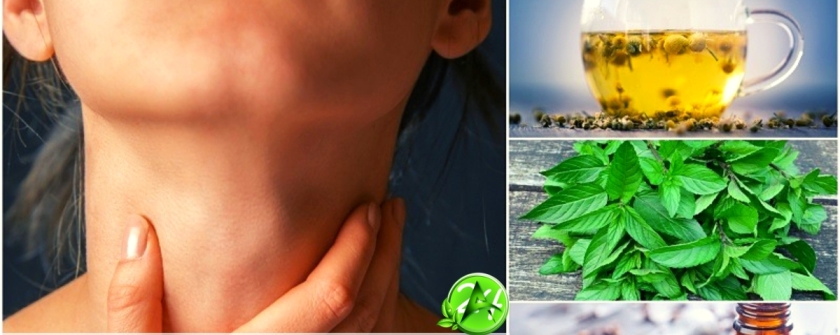UG-1 Keshav Complex Near Lekhraj Metro Station Indira Nagar Lucknow,UP

Lungs Diseases
Pulmonary Conditions Treatments for Pulmonary Conditions What are pulmonary conditions? Pulmonary conditions refer to a range of diseases affecting the lungs, such as asthma, influenza, COPD, pneumonia, lung cancer, and tuberculosis. Breathing difficulties are also considered pulmonary-related.
Symptoms
- Shortness of breath, especially during physical activities.
- Chest tightness.
- Frequent respiratory infections.
- chronic cough that may produce mucus (sputum) that may be clear, white, yellow
Herbal treatment
Traditional Indian medical concepts suggest that Vata influences the respiratory system. An imbalance in the function of any of the three Doshas (Pitta, Kapha, or Vata) may lead to the formation and accumulation of toxins (Ama) in the respiratory tract. These toxins can then trigger an inflammatory response, resulting in mucosa formation and lung tissue blockage.
In traditional Indian medicine, Swarnabhrakasindura is used for pulmonary diseases. It is indicated for managing asthma, cough, chest tremors, and is sometimes recommended for tuberculosis patients.
Asthma
A stomach upset can be caused due to overeating or eating too quickly. If not taken care of in time, it can result in chronic conditions such as IBS, stomach ulcers, chronic gastritis, appendicitis, Crohn’s Disease etc.
Symptoms
- Shortness of breath.
- Chest tightness or pain.
- Wheezing when exhaling, which is a common sign of asthma in children
- Trouble sleeping caused by shortness of breath, coughing or wheezing.
Herbal treatment
Traditional Indian medical perspectives suggest that asthma can arise from imbalances in Kapha and Pitta Doshas, manifesting with symptoms like wheezing, coughing, fever, and irritability. Vata Dosha-related asthma may be characterized by wheezing, dry mouth, thirst, dry cough, dry skin, anxiety, and constipation.
Traditional Indian medicine aims to improve internal system strength, which may contribute to managing asthma. Effective treatment is essential for asthma patients, and traditional Indian therapies are among the available options.


Cough
A cough is your body's way of responding when something irritates your throat or airways. An irritant stimulates nerves that send a message to your brain. The brain then tells muscles in your chest and abdomen to push air out of your lungs to force out the irritant.
Symptoms
- A runny or stuffy nose.
- A feeling of liquid running down the back of your throat (postnasal drip).
- Frequent throat clearing and sore throat.
- Hoarseness.
Herbal treatment
Traditional Indian medical practices utilize Mulethi, or Licorice, also known as “Sweet wood”, as an herb for cough relief. Mulethi powder is used to manage sore throat, cough, and excessive mucus production in the airway.
Cold
Colds, flus and other respiratory illnesses are more common in colder months. People are indoors more often, allowing viruses to pass more easily from one person to another. And the cold, dry air may weaken resistance.
Symptoms
- Sneezing.
- Stuffy nose.
- Runny nose.
- Sore throat.
Herbal treatment
Traditional Indian medical recommendations suggest drinking a glass of hot water mixed with the juice of two lemons and sugar to taste for relief from nasal catarrh, especially at bedtime. Additionally, two to three teaspoons (10-15 ml) of fresh Amla juice, or half to one teaspoon (2.5-5 gm) of Amla powder, is suggested for cold management.
Ginger tea is a traditional Indian remedy for colds. To prepare, add ginger slices and tea to boiling water. Strain and pour into a cup, then add honey and consume.





